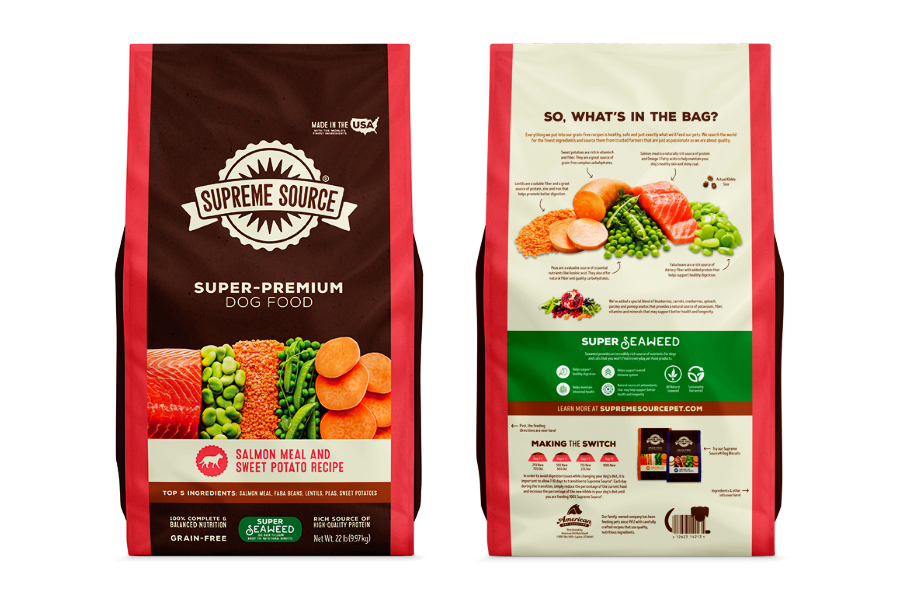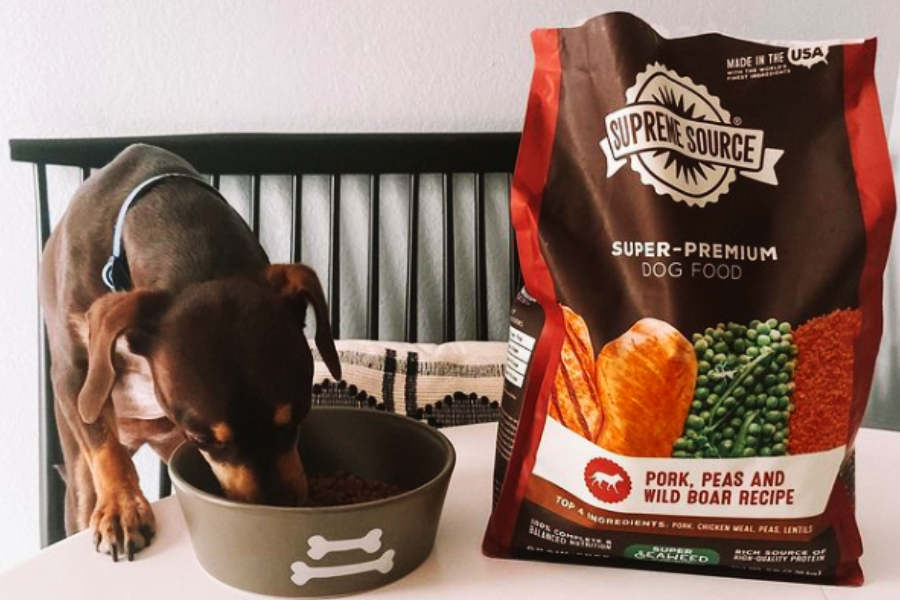While there are no known risks associated with feeding turkey to your dog, there are benefits and potential dangers to think about first. Read on to learn the correct way to feed your dog human food, such as turkey and other things.
Can Dogs Safely Consume Turkey?
Many brands of kibble and other commercial dog foods use turkey as an ingredient since it is considered safe for canine consumption. Your dog may benefit from the protein and other nutrients found in turkey if it is included in his or her diet. Talk to your doctor about creating a feeding plan for your dog that includes turkey to ensure it gets all the nutrients it needs on a regular basis.
Don’t give your dog turkey slices that have been cooked or processed, since they may include excessive amounts of salt, sugar, or other substances that are harmful to dogs. To avoid giving your dog an upset stomach, cook turkey as simply as possible and leave out any seasonings, oils, or other additives. One of the easiest foods for canines to process is turkey. If you don’t want your dog to acquire too much weight, which may lead to serious health problems, limit the quantity of turkey it gets, along with all other types of food. The turkey and sweet potato dog food is the perfect selection there.

Turkey has beneficial nutrients for canines
Adding some unseasoned turkey chunks to your dog’s regular diet may be good for your pet’s health. Your dog can get three very important nutrients from turkey:
Magnesium:
Turkey is a great way to provide your dog the magnesium and zinc he needs to keep his skin and fur in good condition.
Turkey has low quantities of the mineral phosphorus, which when paired with calcium promotes healthy bone and tooth development in your dog. Turkey skin may contain phosphorus.
Turkey is packed with protein, which is essential because it helps the body produce amino acids. Your pet’s muscles, ligaments, tendons, and other connective tissues cannot function properly without these amino acids.
Problems That Can Occur If You Feed Your Dog Turkey
Even though turkey is a rather safe meal for dogs, there are several things to keep in mind before feeding your dog a large quantity of it:
Your dog may choke on the turkey’s skin, bones, or any stringy ligaments or fat on the bird. The cooked turkey should be sliced into small, manageable pieces, approximately the thickness of deli meat. Also, make sure there aren’t any microscopic bones in the meat before giving it to your dog, since the brittle bones of a bird might splinter and cause harm to your dog’s digestive system or build up clogs in its airway.
Turkey pancreatitis:
The white meat is high in protein and low in fat, while the dark meat is lower in protein and higher in fat. The usage of fatty dog meals and diets may increase weight-related health issues in canines. It’s crucial to keep a check on your pet’s weight increase since it may lead to health problems including extreme obesity, joint damage, and pancreatitis and intestinal irritation.
Conclusion
Eating raw ground turkey, in particular, poses a serious risk of salmonella poisoning for both people and dogs. If your pet consumes raw turkey, they may show symptoms of salmonella poisoning or acute gastroenteritis in the digestive tract. Both may result in substantial fluid loss because of nausea, vomiting, and diarrhoea. If your dog has severe gastrointestinal problems that last more than a few hours, they need immediate medical attention.

